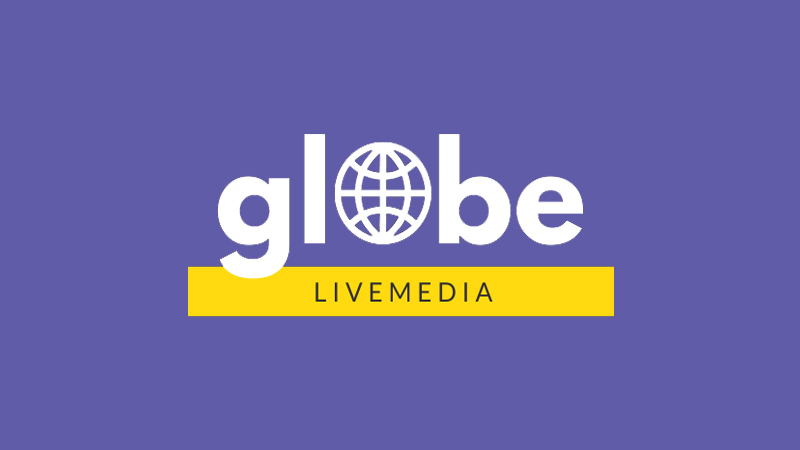The WHO team of experts in charge of investigating the origin of the coronavirus that has brought the world to its knees announced on Tuesday the first elements of the response after four weeks in Wuhan, China, the cradle of the disease that was detected in December 2019.
The international team sent by the World Health Organization will hold a press conference at 07:30 GMT.
The experts will be accompanied by their “Chinese colleagues,” the organization said without offering further details for now.
It was in Wuhan where the first cases of covid-19 were registered in December 2019. Since then, the coronavirus has left more than 2.31 million deaths in the world and 106 million people infected.
This mission, whose objective is to try to find the origin of the virus contagion to man, considered extremely important to try to fight against future epidemics, had difficulties to be carried out since China was reluctant to allow world specialists from different disciplines such as epidemiology to enter the country. but also zoology.
The WHO has already warned that patience will be needed to find an eventual answer, a message reiterated by Dr. Hung Nguyen-Viet, a member of the team, in an interview with AFP.
“We are in a process and we need time and effort to understand” what happened, explained the specialist, co-director of the program on human and animal health at the International Institute for Research on Animal Reproduction in Nairobi.
– “Too soon” for a rejection –
The mission concludes in China amid controversy over the efficacy of AstraZeneca’s vaccine against covid-19 for older people and the South African variant of the virus.
The AstraZeneca / Oxford vaccine, with which the United Kingdom began vaccinating its population in December, has already been approved by several countries, including the European Union. But some governments prefer to administer it only to people under 65 or even 55, due to the lack of sufficient data on its effectiveness for the elderly.
On Sunday, South Africa suspended the start of its vaccination campaign, which should have been carried out in the next few days with a million doses of AstraZeneca, after a study confirming a “limited” efficacy against its variant of the virus.
According to the first results of the study, this vaccine is 22% effective against the moderate forms of the South African variant. At the moment, there are no results available on its effectiveness against the most serious forms.
It is “too early to discard this vaccine,” which is “an important part of the global response to the current pandemic,” warned Richard Hatchett, who heads CEPI, the research arm of the Covax mechanism, established by WHO to try to guarantee a fair distribution of the means to fight covid-19 among the poorest countries.
“It is absolutely crucial to use all the tools we have as effectively as possible,” he stressed at a press conference in Geneva.
“We think that our vaccine will also protect against severe forms of the disease,” said an AstraZeneca spokesperson.
On Easter Island, located in the Pacific and famous for its mysterious giant stone statues, it began on Monday to vaccinate its population. Completely closed to tourism, it has not registered any case of covid for almost a year.
– “Mental health crisis” –
In the United States, the variant of the virus initially identified in the United Kingdom spreads rapidly. Cases have doubled in ten days, threatening to cause a new epidemic peak, according to a study.
US Congressman Ron Wright, 67, died of COVID-19, becoming the first member of Congress to succumb to the virus, which has killed 464,831 people in the country.
In addition to the deaths, the pandemic is creating a “mental health crisis” for many people, particularly the very young. Anxiety, depression, self-harm and even suicide have affected a growing number of children and youth in the United States, warn doctors, educators, parents and the government.
According to the Centers for Disease Control and Prevention (CDC, governmental), from March to October, visits to hospitals for mental health emergencies by young people aged 12 to 17 years increased 31% compared to 2019, and that of children from 5 to 11 years old, 24%.
Meanwhile, in the Netherlands, the government announced on Monday the extension until March 2 of the curfew, a measure that caused the worst protests in the last 40 years in the country and that led to the arrest of more than 400 people.
In contrast, in Ontario, Canada’s most populous province, confined since December 26, a partial opening of non-essential businesses was announced as of Wednesday.
“Today we see rays of sunshine,” Doug Ford, the state’s prime minister, said Monday. “The (restraining) measures work. Staying home saves lives,” he added.
In Russia, in 2020 there was a brutal increase in mortality, fueled by the pandemic, according to official data published on Monday that highlights more than 162,000 deaths related to the coronavirus in the April-December period alone.
In France, President Emmanuel Macron stressed the need to “accelerate” the vaccination campaign in emerging countries.
The president of the European Commission urged EU countries to “give a part” of their vaccines to Ukraine, after Kiev asked the Europeans for help to get them.
In Panama, the controversy has political overtones. The Minister of Health of Panama, Luis Francisco Sucre, defended on Monday the work carried out by more than 200 Cuban doctors who arrived in the Central American country to combat the pandemic, in the face of some criticism for alleged human rights violations.

